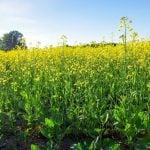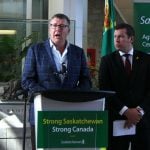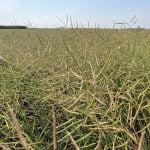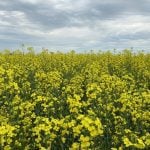Alberta Canola is relieved as Canada expects second-largest trading partner China to lower tariffs on canola, peas and seafood.



A recent study determined that losses were $2 to $4 billion in 2025-26
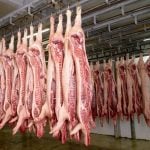
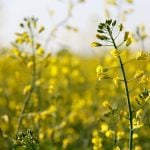
SaskOilseeds calls the announcement after the prime minister’s visit to Beijing positive
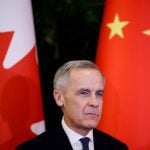
Trade agreement is a step in the right direction says Canadian Federation of Agriculture
